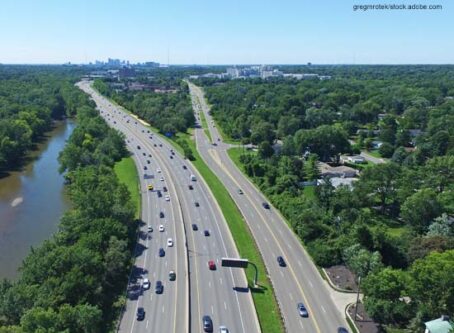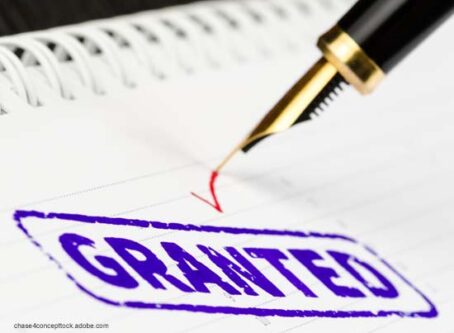Voters in two states to decide on millionaire taxes for transportation
Millionaire taxes are slated for consideration on fall ballots in California and Massachusetts. Passage of the questions would provide some benefit for transportation purposes.
California
Voters this fall in the Golden State will decide whether to add a tax on the state’s wealthiest residents to address greenhouse gas emissions.
Passage of Proposition 30 would increase the personal income tax above $2 million by 1.75%.
The tax is estimated to raise $3 billion to $4.5 billion yearly.
Nearly half of all revenue – 45% – would be used for rebates and other incentives for zero-emission vehicle purchases. Another 35% would be applied for electric vehicle charging stations. Additionally, wildfire suppression and prevention programs would collect another 20%.
Opponents and proponents
Advocates say that action is needed in California to mitigate the threat of climate change, including the reduction of vehicle emissions.
Supporters include ride-hailing company Lyft. A 2020 state air pollution regulation mandates that companies that include Uber and Lyft must use zero-emission vehicles for 90% of their miles driven by 2030.
Critics include Gov. Gavin Newsom. The governor signed an executive order two years ago to ban the sale of new fuel-powered vehicles in the state starting in 2035.
The Democratic governor has referred to the ballot question as “a cynical scheme by a single corporation to funnel state income tax revenue to their company.”
California Republicans also are opposed to the targeted tax.
Massachusetts
A question on the Massachusetts fall ballot covers funding for education and transportation.
Dubbed the “Fair Share Amendment,” the proposed amendment to the state constitution would create an additional tax of 4% for household income above $1 million.
The state already has a 5% flat-rate income tax. If approved by voters, the tax rate would increase to 9% for the state’s wealthiest residents.
An estimated $1.3 billion annually would be applied for public education, roads and bridges, and public transit.
Advocates say that tapping the state’s richest to help others will benefit everyone. Critics counter that a millionaire tax could result in some of the state’s wealthiest residents leaving the state, which they point out would place a bigger financial burden on those responsible for paying the tax who remain.
Opponents add that the state does not have a revenue problem. They say the problem is with how the state spends their existing revenue. LL
More Land Line coverage of news from Massachusetts and California.









